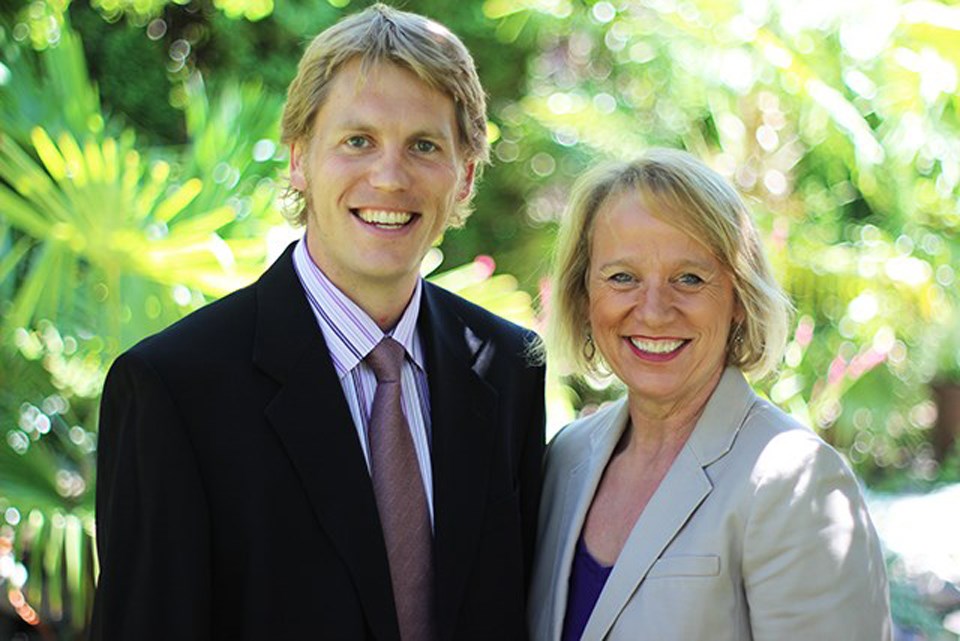It seems some incumbent politicians don’t seem to support term limits in the same way aspiring politicians do.
Incumbent Richmond city Couns. Carol Day and Michael Wolfe say they no longer support two-term limits on council, despite advocating for this policy in the 2014 election.
Another incumbent, Chak Au, who also pledged two elections ago to only run for two terms, is running for a third in the Oct. 15 election, saying he feels he has a “duty” to help the next generation get into politics. He noted many of his slate’s candidates are ethnic minorities and might need some guidance.
In a joint email, Day and Wolfe said they felt, before getting elected, “you do not belong on council” if you can’t get the job done in two terms.
However, they have now realized bigger issues are harder to accomplish because city council is “hamstrung” by other levels of government and agencies, such as the federal and provincial governments as well as TransLink and BC Ambulance.
These groups need to be “lobbied for any real change and their policies are often set in stone,” they said in a joint email.
Day is currently serving her second term on city council, while Wolfe is serving his first term.
RITE council candidate Jerome Dickey, who initiated the two-term conversation during the 2014 election, said he still supports two-term limits.
He pointed out this is not a RITE policy as each candidate has their own viewpoint on issues.
Dickey said two terms on council is “appropriate” for someone whose goal is to serve the public.
“It is public service – not career building,” Dickey told the News.
He added that it “offends” him when politicians don’t stick to their word, saying it “makes other politicians look bad.”
Despite running for a third term, Au said he does like the idea of “building in change” into municipal government so as not to always have the “same old, same old” people making decisions in council chambers. But this should come from the provincial government, he added.

